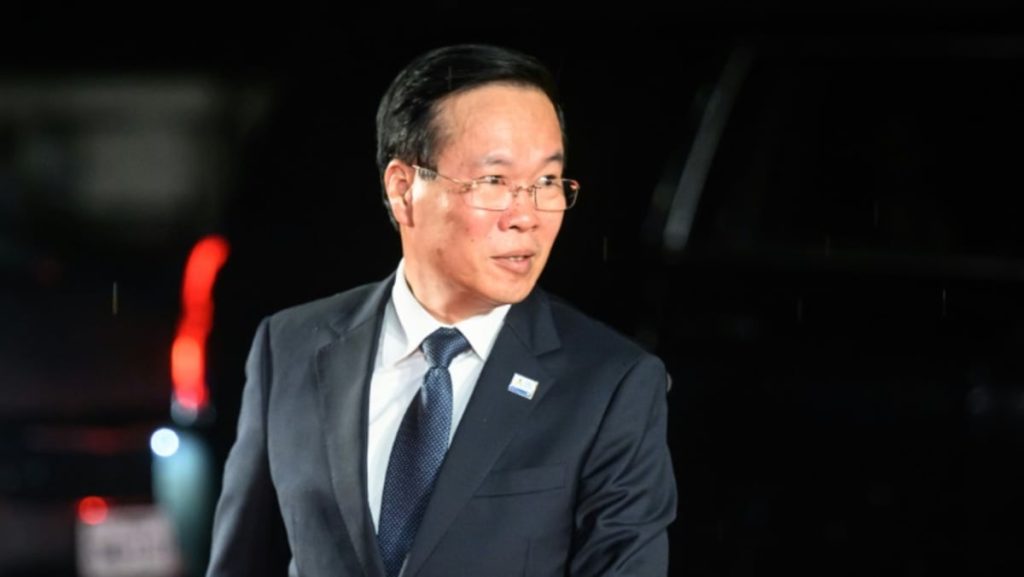death of his predecessor. Thuong, 57, was relieved of his duties as head of state during a meeting of the party’s Central Committee, citing health reasons for his departure. The party did not provide any further details regarding Thuong’s health issues, but his departure marks yet another shakeup in Vietnam’s leadership in recent years. This latest change comes as Vietnam faces challenges both domestically and internationally, including economic reforms, territorial disputes, and the ongoing Covid-19 pandemic.
Thuong’s resignation has left the country in search of a new president, who will be tasked with navigating the country through these challenging times. As a one-party state, Vietnam’s leadership changes are closely watched by both domestic and international observers, as they could have significant implications for the country’s future direction. The new president will need to balance economic development with political stability, continue to address territorial disputes in the South China Sea, and navigate the challenges posed by the pandemic. The party has not yet announced a successor to Thuong, but a decision is expected in the coming weeks.
Vietnam’s leadership changes come at a crucial time for the country, as it seeks to maintain its economic growth and stability amid a challenging global environment. The new president will face numerous challenges, including the need to continue economic reforms, address corruption, and maintain political stability in the face of growing social unrest. Additionally, the president will need to navigate Vietnam’s complex relationships with neighboring countries, particularly China, as territorial disputes in the South China Sea continue to be a point of contention. The Covid-19 pandemic has also presented new challenges for Vietnam, as the country works to contain the spread of the virus while minimizing the economic impact.
The resignation of Vo Van Thuong highlights the ongoing internal power struggles within Vietnam’s ruling Communist Party, as different factions jockey for influence and control. Thuong’s departure comes just over a year after he assumed the presidency following the death of his predecessor, Tran Dai Quang. This latest change in leadership underscores the fragility of Vietnam’s political system, as the country grapples with the competing interests of various factions within the party. The new president will need to navigate these internal power dynamics while also addressing the country’s pressing economic and security challenges.
The leadership changes in Vietnam also have implications for the country’s relationships with other countries, particularly China and the United States. Vietnam has sought to balance its relationships with these two global powers, maintaining close economic ties with China while also seeking to bolster its security cooperation with the United States. The new president will need to navigate these complex relationships carefully, as tensions between the US and China continue to rise. Vietnam’s strategic position in the South China Sea also presents challenges for the new president, as territorial disputes with China remain a contentious issue in the region.
Overall, the resignation of Vo Van Thuong and the search for Vietnam’s third president in little over a year reflect the ongoing challenges facing the country as it seeks to navigate a complex and rapidly changing global environment. The new president will need to address a range of pressing issues, from economic reforms and political stability to territorial disputes and the ongoing pandemic. As Vietnam seeks to assert its position on the world stage, the country’s leadership changes will continue to be closely watched by both domestic and international observers, as they could have far-reaching implications for Vietnam’s future trajectory.


